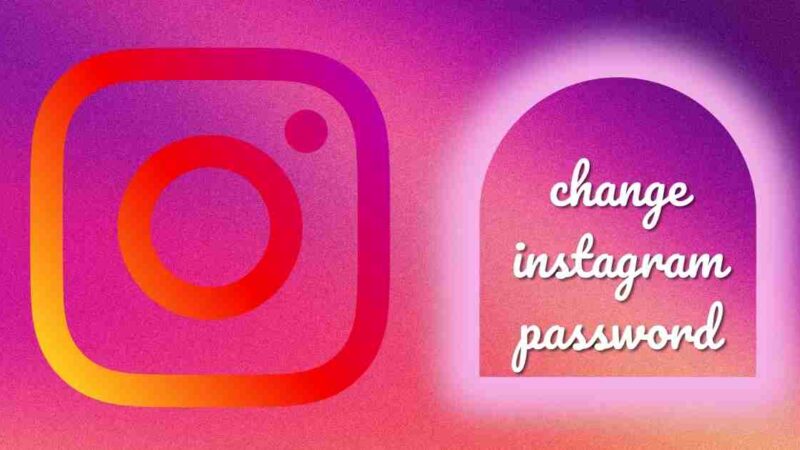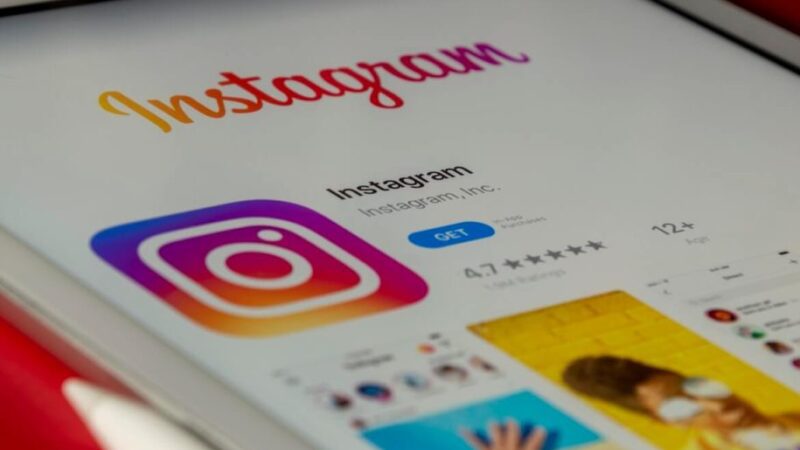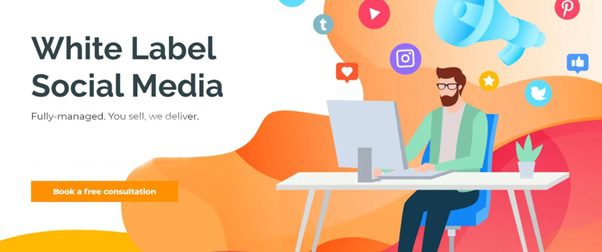Top 5 Facebook Marketing Mistakes

The majority of businesses should have a Facebook marketing strategy. With 1.28 billion monthly active users (as of Q3 2016), Facebook is the largest social network in the world and provides an excellent opportunity for businesses to establish their brand, make people Visit Website, promote their products, and connect with their customers.
However, many companies don’t make the most of this opportunity because they don’t take Facebook marketing seriously. They fail to dedicate a significant number of resources or to learn from their mistakes. Facebook is a powerful marketing channel that offers businesses of all sizes the opportunity to reach billions of users. However, many businesses fail to fully take advantage of it because they make common Facebook marketing mistakes. Here’s a look at five common mistakes and how you can avoid them.
You don’t post regularly
Everyone wants to be put first on their audience’s priority list, but in order to accomplish that, you have to be first on theirs. The way to do this is by posting content regularly and consistently so your brand stays top of mind for your target audience.
If you’re not sure how often is too often, consider this: TechCrunch found that brands who posted fewer than five times per week saw a 60 percent decrease in engagement compared to those who posted at least once per day. That said, overdoing it can also lead to followers becoming tired of your posts and unsubscribing from your page or unfollowing you entirely.
To determine the best posting frequency for your business, start by considering what types of content you want to share with your audience — and how often it makes sense for your industry and type of business — and then test different frequencies until you find the right balance between engaging with your audience without annoying them.
Not Having a Plan
One of the biggest mistakes you can make when it comes to Facebook marketing is not having a plan. You need to know what your goals are and how to achieve them. Let’s say your goal is to increase traffic to your website and generate leads. You need to know exactly how you’re going to do this, whether it’s through ads, contests or simply posting links on your page.
Not Knowing Your Audience
You should know exactly who you’re targeting and what they want from you. For example, if you run a social media marketing business, you might target other businesses or people who work in that industry but not necessarily the average consumer. For example, if you run an e-commerce business that sells luxury items like jewelry and clothing, then it probably doesn’t make sense for you to target stay-at-home moms because they aren’t likely going to buy those types of products from you online even if they do visit your page every day.
Posting Only About Your Company
No one wants to hear everything about you all the time. Remember, social media is a conversation. So, converse. Share articles that are relevant to your industry. Talk about events that are important to you and your customers. Provide tips and other useful information that will help your fans in their everyday lives. In fact, try to post more about others than yourself; the 80/20 rule usually applies here: 80% of what you post should be about other stuff besides yourself and 20% about your company or organization.
Failing To Respond to Complaints
You’ve probably heard that it only takes one complaint or negative review to ruin a business’s reputation online, but it doesn’t have to be that way if you know how to respond properly on Facebook. When people complain online — especially on Facebook — they want someone from the company or organization listening and responding as soon as possible (within 24 hours).






